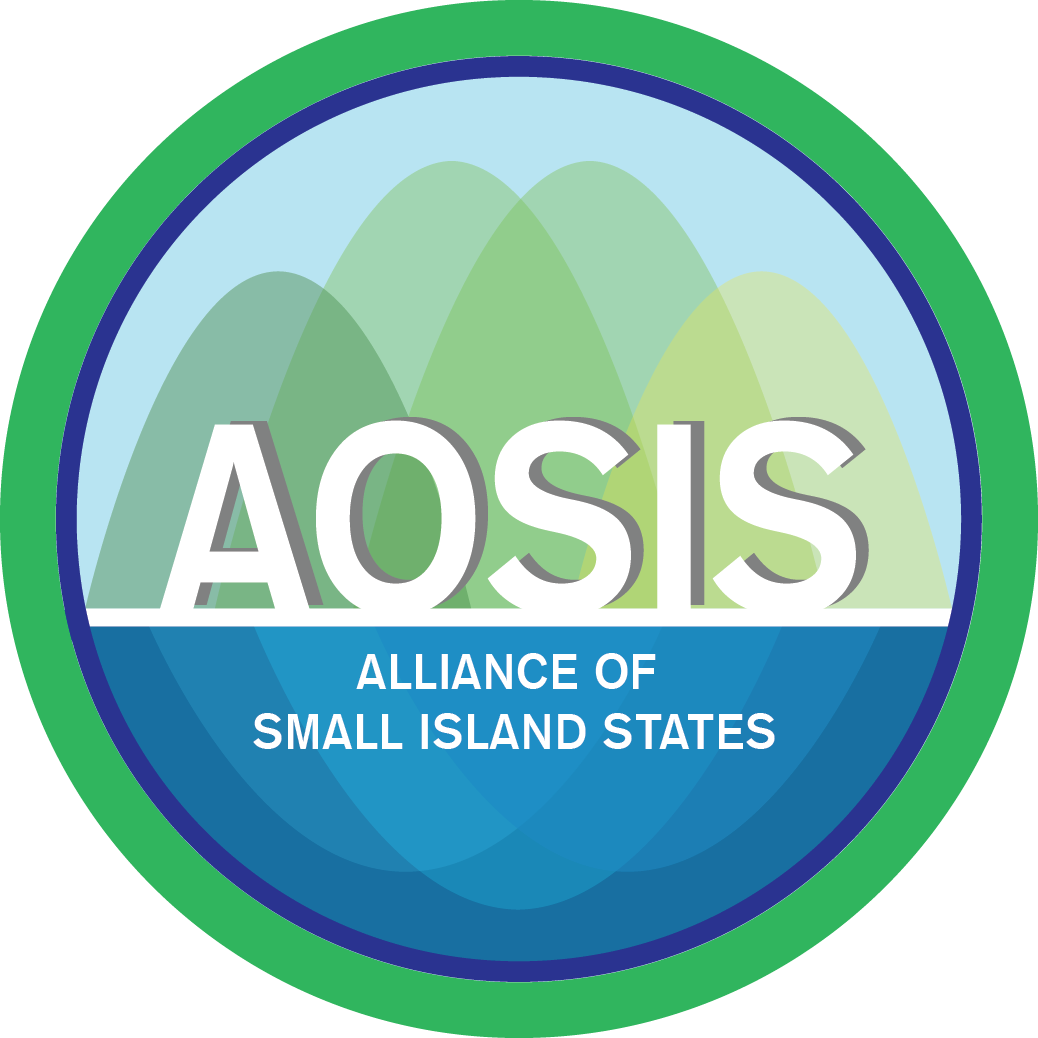SIDS Survival Means Keeping 1.5 Alive
Download PDF [tagsList]
PRESS RELEASE
IPCC Sixth Assessment Report (AR6) 2022 Working Group II Report: Impacts, Adaptation, and Vulnerability
SIDS Survival Means Keeping 1.5 Alive
New York – 28 February 2022 – The Intergovernmental Panel on Climate Change’s latest report on Impacts, Adaptation and Vulnerability makes it clear that small islands will not be able to adapt to a world that warms beyond 1.5°C, the Alliance of Small Island States (AOSIS) said today.
We are continuing to head for a precipice – we say our eyes are open to the risks, but when you look at global emissions, if anything, we are accelerating towards the cliff edge. We are not seeing the action from the big emitters that is required to get emissions down in this critical decade — this means halving emissions by 2030 at the latest. It is clear that time is slipping away from us – which is why Antigua and Barbuda, as Chair of AOSIS, is considering formally requesting the convening of a Special Session of the United Nations General Assembly on the cataclysmic findings of the IPCC Sixth Assessment Report’s Working Groups,
said AOSIS Chair, H.E. Ambassador Walton Webson.
Small islands will not be able to develop or adapt if the world warms beyond 1.5°C. The science is very clear that small islands are already disproportionately experiencing climate impacts including food and water insecurity and intensifying extreme weather events. This will only get worse from here on in.
This report spoke to the collapse and possible extinction of ecosystems if we maintain our current trajectory towards emissions reductions. We must act quickly to reduce emissions — as SIDS lives and livelihoods will be the casualties of a slow race to emissions reduction,
said AOSIS’ lead climate negotiator H.E. Ambassador Conrad Hunte.
More must be done on adaptation to keep pace with these impacts. Finance is mentioned multiple times in the report as both a key barrier and a necessity for successful adaptation measures. The Glasgow Climate Pact secured a commitment to double adaptation finance by 2025 – but this must be the floor, not the ceiling.
This report validates the fact that SIDS have suffered and will continue to suffer unprecedented damage if global temperatures continue to rise, particularly if they rise above 1.5°C. Adaptation is critical to our survival in the face of climate change, but current financing schemes are underfunded and inaccessible to the majority of SIDS. Now more than ever, it is paramount that developed nations fulfil the commitment to double adaptation finance and increase funding for SIDS and other climate-vulnerable regions as agreed to in the Glasgow Climate Pact. We call on our developed country partners, by COP27, to develop a standalone delivery and tracking plan on the mandate to double adaptation finance. Major emitters need to respond to the decisions taken and increase ambition in line with a 1.5°C pathway. Adaptation efforts will be futile unless emissions are reduced,
said AOSIS Chair and Prime Minister of Antigua and Barbuda Hon. Gaston Browne.
SIDS contribute the least to global emissions while being among the most severely impacted by climate change — a lament we will continue to make because the world has yet to recognise our plight. Extreme weather, sea-level rise, floods, droughts, and ecosystem degradation and loss are all now synonymous with life on a small island. As things currently stand, SIDS’ lives and economies are in jeopardy. Reducing emissions at scale and pace is no longer a requirement; rather, it is a mandate we are laying out to developed nations. Half your emissions by 2030 and net-zero by 2050 at the latest — otherwise we will see a climate crisis on a scale that is unimaginable,” said Ambassador Conrod Hunte.
The report made clear that there are some impacts we will not be able to adapt to. Loss and damage is occurring, and will continue to occur. With just transient overshoot of our targets, we will see irreversible coastal submersion and irreversible loss of coral reefs. This is completely catastrophic. Not just for SIDS who are large ocean states and entirely dependent upon the ocean but also for territories that rely on barrier reefs for protection against storm surges. The survival of ocean ecosystems, and thus the survival of SIDS, necessitates a reduction in global emissions,
said Ambassador Walton Webson.
We are losing time. The G7 and G20 must do more to reduce their emissions as quickly as possible. The solutions are there, the report shows that adaptation works. It is particularly clearer now, given the implications and vulnerability outlined in this report, that financing for loss and damage is more crucial now than ever. Dedicated finance must be provided. The big emitters need to realise that this issue will not go away – with every year that they delay on reducing their emissions, more is lost. But we need to see more than nice rhetoric. We need to see action,
said Honourable Prime Minister Gaston Browne.
____________________________